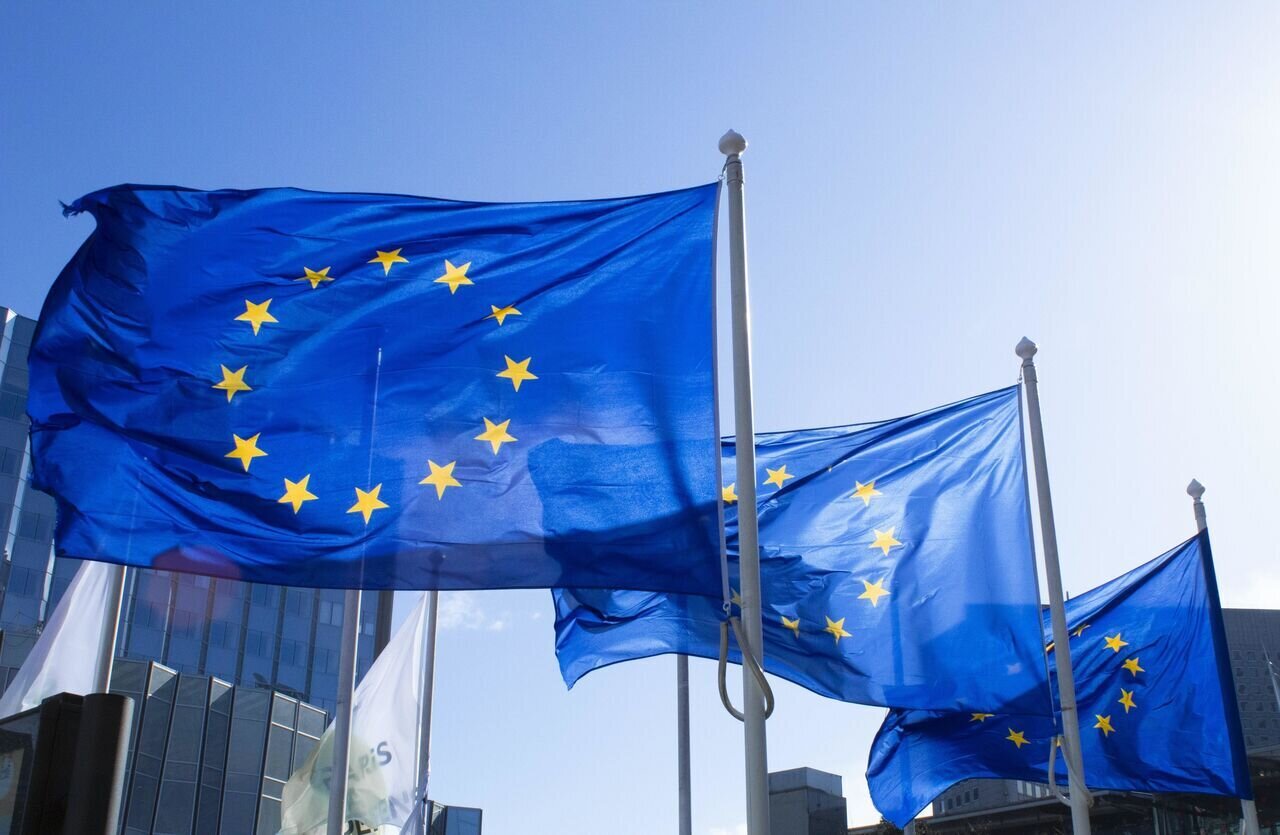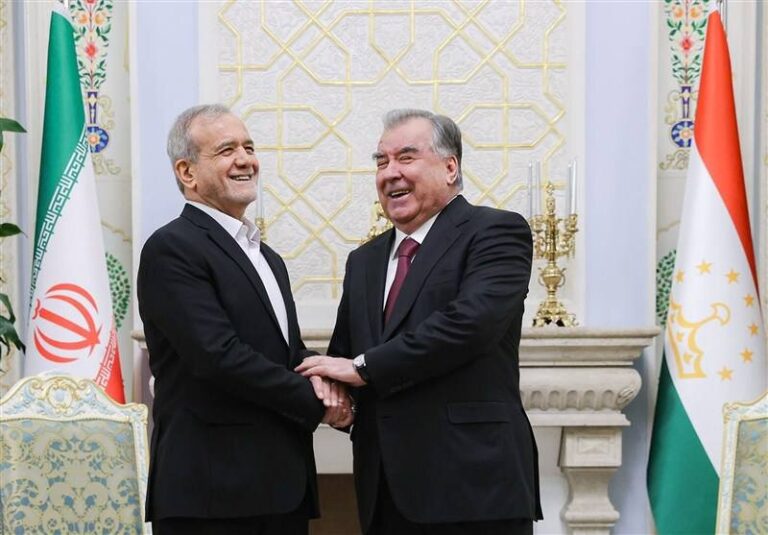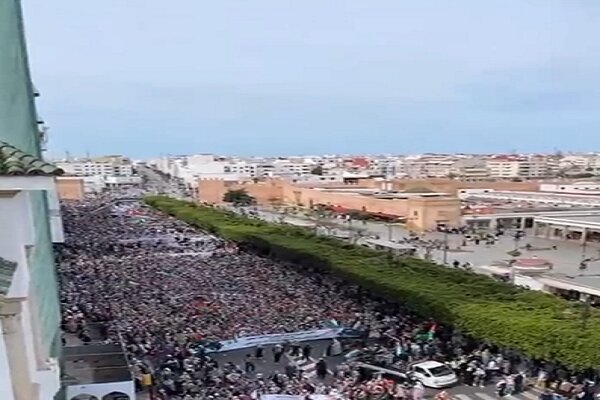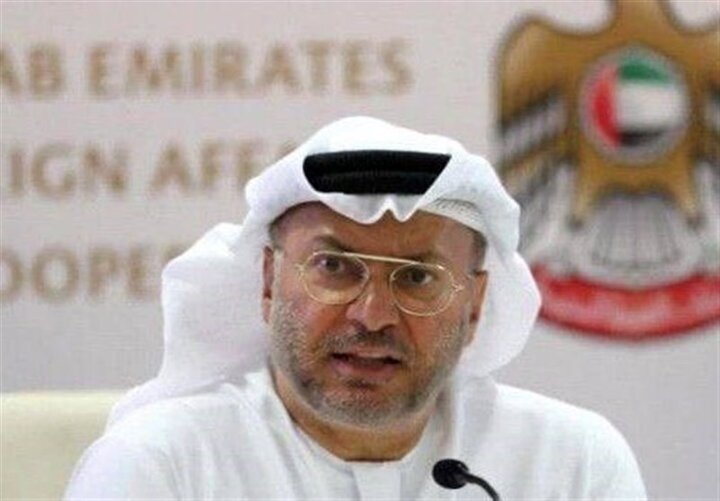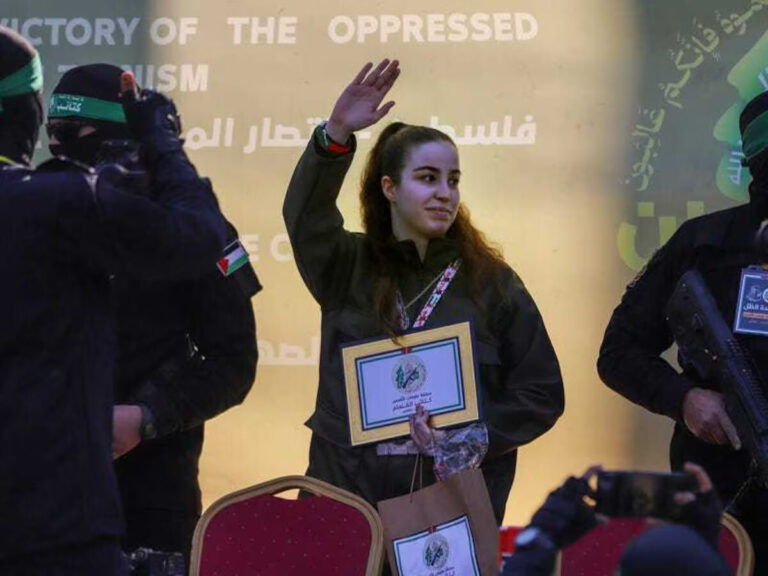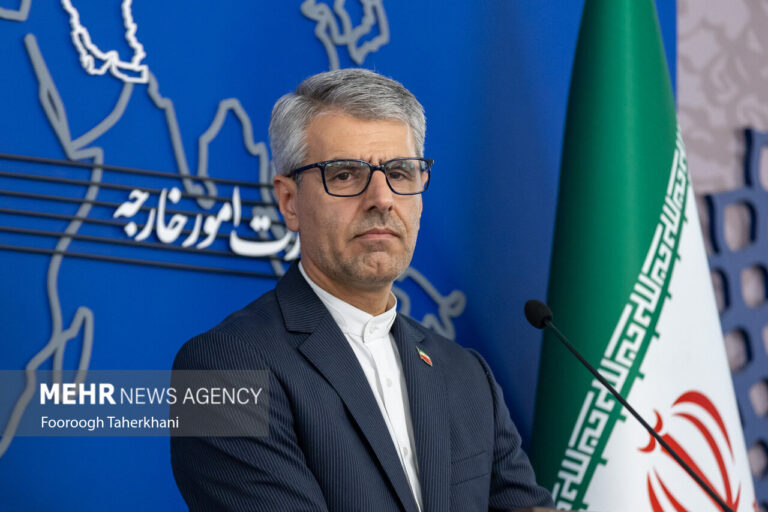EU Unleashes Fresh Sanctions on Iran: A Bold Move in International Relations
The European Union has recently implemented a new round of sanctions targeting key figures in Iran, highlighting ongoing tensions related to human rights issues. This latest move includes a range of prominent Iranian officials, including the head of Tehran’s Evin Prison and various judges, reflecting the EU’s commitment to addressing human rights violations.
These sanctions are part of the EU’s broader strategy to hold accountable those responsible for abuses within the Iranian judicial system. The specific measures imposed include:
- Asset Freezing: The EU has frozen the assets of listed individuals within its member states, preventing them from accessing their financial resources in Europe.
- Travel Bans: Individuals targeted by these sanctions are prohibited from entering or transiting through EU countries.
- Focus on Prison Conditions: The sanctions specifically mention Shiraz Prison, indicating concerns about the treatment of detainees.
This recent set of sanctions underscores the European Union’s ongoing commitment to human rights, especially concerning the treatment of prisoners and judicial processes in Iran. The EU has consistently criticized Iran for its record on human rights, particularly in relation to the treatment of prisoners and the judiciary’s role in human rights abuses.
Iran has frequently responded to these sanctions by accusing Western nations of hypocrisy and double standards. The Iranian government argues that while they face accusations of human rights violations, Western countries often overlook similar issues within their own borders.
Moreover, there are ongoing concerns regarding the Iranian government’s treatment of dual nationals and foreign citizens. In recent years, Iranian security forces have detained several dual nationals and European citizens, often on espionage charges. This has raised alarms about the safety and rights of individuals, particularly those with ties to Western countries, who visit Iran.
The implications of these sanctions extend beyond the individuals directly affected. They serve as a reminder of the broader geopolitical tensions between Iran and the West. The sanctions are not only punitive but also aim to send a clear message regarding the EU’s stance on human rights and its unwillingness to tolerate violations.
As the situation develops, the international community is watching closely. The potential for further sanctions or diplomatic responses remains a topic of discussion among EU member states, as they consider their next steps in addressing human rights issues in Iran.
In conclusion, the EU’s latest sanctions against Iranian officials represent a critical stance on human rights abuses within the country. With asset freezes and travel bans targeting key figures, the EU aims to hold these individuals accountable while also expressing concern about the treatment of prisoners in facilities like Evin and Shiraz Prisons. As Iran continues to face scrutiny from Western nations, the dialogue surrounding human rights and judicial reform remains a pivotal aspect of international relations.
